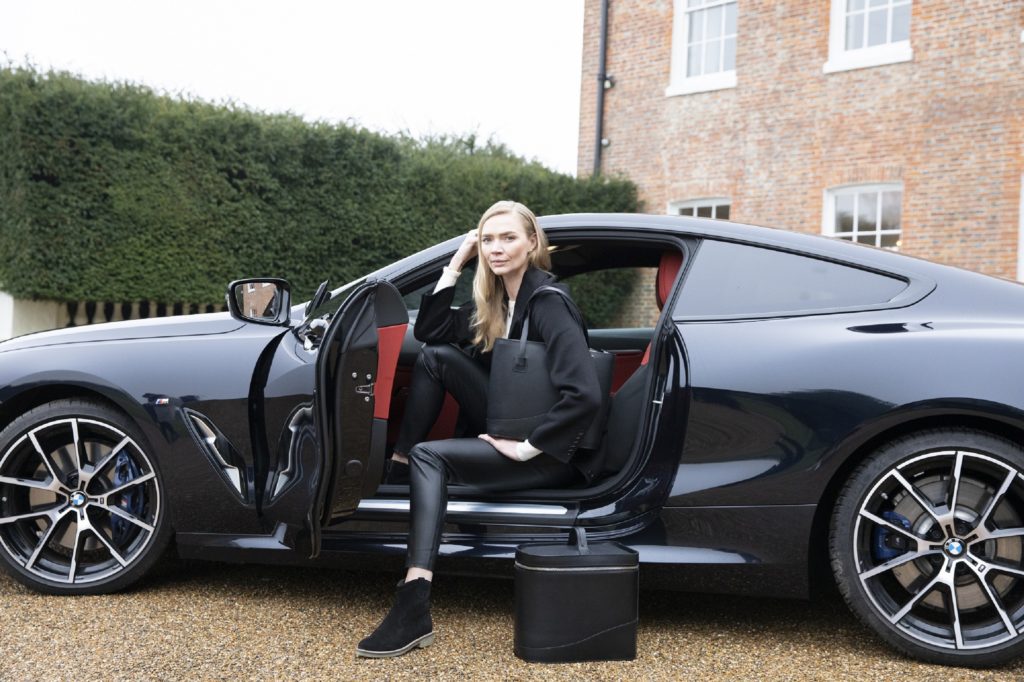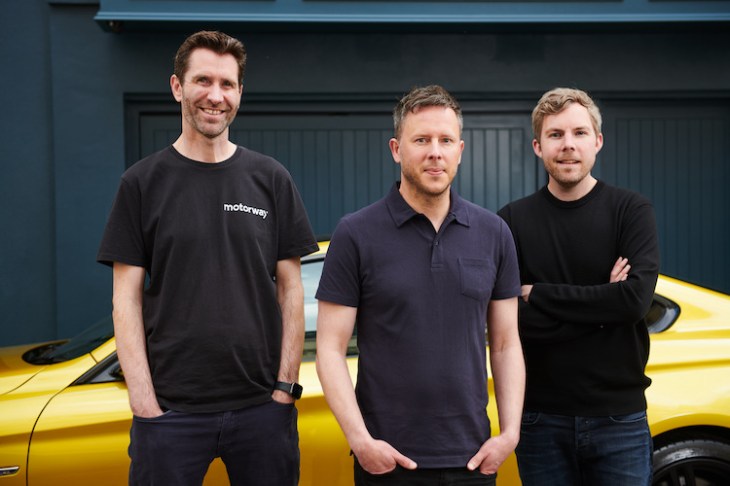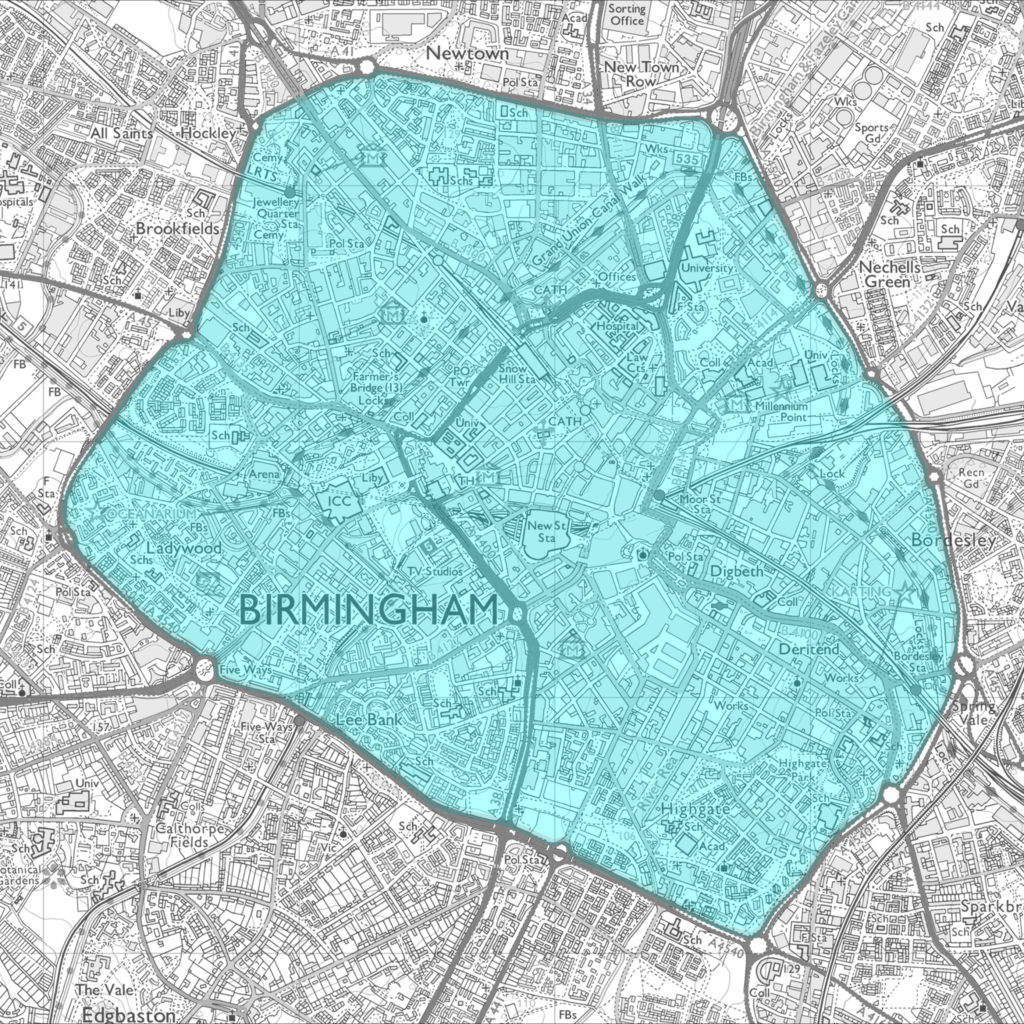● Two thirds (69%) of adults would be willing to sell their car for less than it’s worth if doing so made the process more straight-forward
● Of those who sold their car, over half (54%) believe they sold it for less than it was worth, an average of £977 under valuation
● 70% of Brits feel they need to compromise on either time or money when selling their car reveals online used-car marketplace Motorway
Research commissioned by online used-car marketplace Motorway has shown that despite prices for used cars reaching record highs, three quarters (76%) of Brits find the process of selling their car daunting and seven out of ten (70%) are knowingly compromising on cash for a quick sale.
With a third (32%) of us saying we don’t have the time to find the best price and one in four (28%) of us accepting the first offer for our car, it’s clear that we’re not getting the best value when it comes to selling our motors. In fact, almost nine out of ten (85%) admit the priority when selling a car is simply to get rid of it as quickly as possible, leading to an average loss of almost a thousand pounds (£977) when selling.
As time is of the essence for sellers, almost half (49%) are likely to have lost money when selling their car because they didn’t do simple things like buying new floor mats, changing the oil and making small repairs. Other common oversights and issues among everyone polled include not having an up-to-date service history (14%), not having their car valued before sale (12%), and struggling with paperwork (10%).
Seven in 10 drivers admitted putting off selling their car because of the hassle, and 76% said they found the process of selling their car daunting. It also emerged over two thirds (69%) have felt out of depth when selling their vehicle with 64% ending up feeling ripped off. The biggest desires when selling were getting the highest price, a speedy sale and minimising the effort required.
When selling their car, only 14% felt very confident they got a good price, with an acceptance by 69% that they would be willing to take an offer less than market value in order to make the process easier. 62% admit they regret rushing to sell cars in the past because they received less money for them as a result.
Motorway’s extensive network of over 5,000 verified dealers means motorists don’t have to compromise on time, price or convenience when selling their cars and, since the process is online, they can do so from the comfort of their own homes.
A spokesperson for online used-car marketplace Motorway, which commissioned the research, said: “Selling your vehicle can be a headache for many, particularly if you don’t feel confident or knowledgeable about cars, but there is an easy and simple way to sell your car online for a good price. At Motorway, our extensive dealer network matches each seller with the dealer willing to pay the most, in as little as 24 hours and free of charge, taking the hassle out of selling.”
Jodie Kidd, automotive enthusiast, commented: “Although now is a good time to take advantage of high used car prices, selling a car yourself can seem like a daunting prospect and ultimately, it can be difficult to know if you’re getting a fair price. Thankfully, Motorway has made the process as quick and simple as possible, without having to compromise on time or money. And you can do it from the comfort of your sofa, cup of tea in hand.”
To find out more and for a no-obligation quote, visit Motorway.co.uk to find out what you could get for your car.
ENDS
Notes to editors
Research carried out in April 2022 by OnePoll with a sample of 2,000 British adults aged 18+ who had sold their car in the last five years.
In the survey of 2000 UK adults aged 18+ who have sold their car in the last five years, on average 54 per cent of respondents sold their car for less than they believe it’s worth, averaging at £977 under the market value. £977 * 7.5 million (2021 UK used car transactions, SMMT) = £7.3275 billion, potential to be lost
Contact
For further information, contact motorway@hopeandglorypr.com or the team on 020 3588 9700
About Motorway
Motorway is the UK’s fastest-growing used car marketplace. We connect people selling their car directly with our network of more than 5,000 verified car dealers, matching each seller on our platform with the dealer who most wants to buy their car. We help car owners sell their cars 100% online for the best price in as little as 24 hours, with their car collected from home for free, while supporting our car dealer partners to easily acquire the best used car stock.








